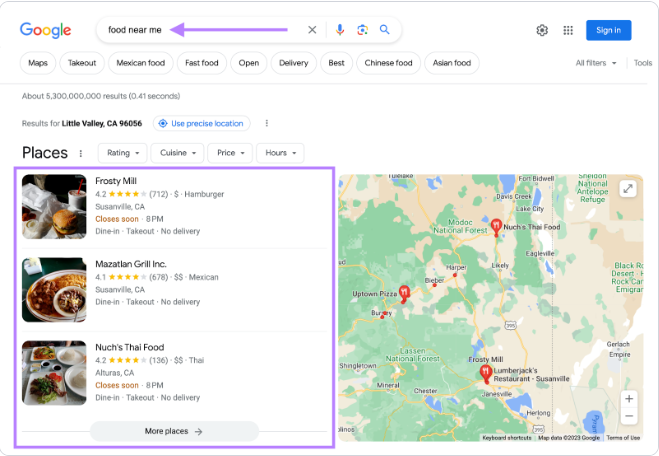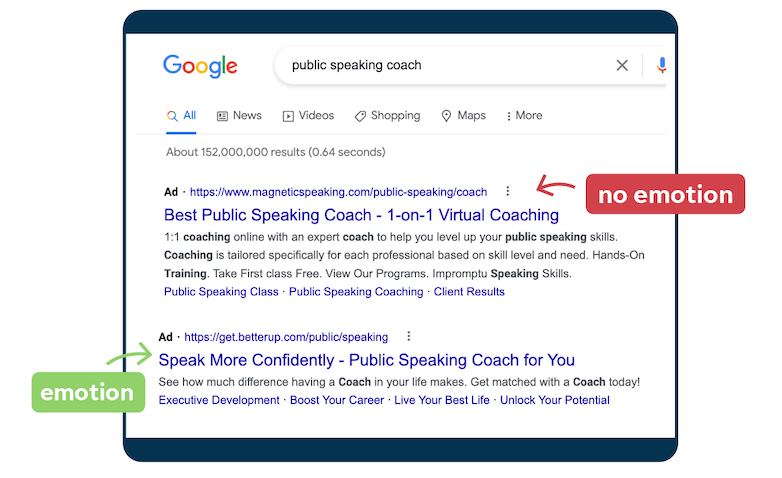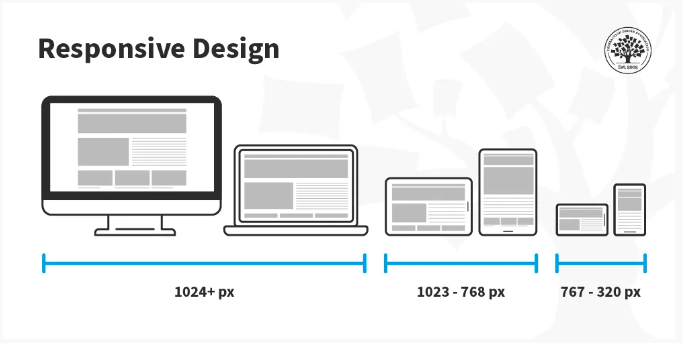Despite offering quality goods and services, many small-to-medium-sized businesses (SMBs) find it difficult to get noticed. While it can be challenging at first, SMB digital marketing tactics are essential in helping them engage with their consumers and community.
With limited resources, you're attempting to compete with more established businesses and stand out in a crowded market. Moreover, you might be relying on another small business to manage your marketing requirements or even doing it yourself internally.
Either way, here’s our guide to creating winning SMB marketing tactics that’ll help you boost your revenue.
Why is Digital Marketing Important for SMBs?
Given the online era that we’re in, it’s a no-brainer that small businesses should use their resources to develop SMB digital marketing strategies.
According to a Gartner survey, almost all industries will have a rise in average marketing spend rising from 6.4% to 9.5% of total revenue. Moreover, a recent marketing poll conducted by Taradel revealed that 94% of small firms stated that they intend to increase their marketing budgets in 2024.
So, small firms are boosting their marketing budgets in response to the wider range of marketing channels and options available to them today. However, there are a few more reasons why they should be focusing on digital marketing:
- Increases brand awareness: Without a reputable online presence, prospective clients looking for goods or services would never even come across a small business, much less consider them.
Small businesses can reach audiences worldwide by using digital tactics like social media, SEO from best SEO company, and others to reach a much wider audience outside their local area. They are now in a position to generate leads using sales outreach tools, so they can connect with a potential audience that they wouldn't have been able to reach.
- Allows for flexibility: With real-time insights from digital marketing solutions, small businesses can support their expansion. Traditional marketing strategies are quite expensive and leave little room for improvement. Whereas, a digital marketing campaign can allow you to see how to best invest the money and redirect it in case your campaign doesn’t do too well.
- More cost-effective: By using pay-per-click advertisements, social media ads, and content marketing, these strategies put a small business's name and products in front of highly focused audiences who are likely to become consumers.
As small businesses have limited resources and funding, managing marketing expenses and optimizing return on investment is extremely helpful.
- Builds credibility: Consumers are more likely to believe in companies with an online presence on social media, a website, and even customer reviews. When it comes to consumers contemplating the purchase of a new good or service, trust may win many deals.
- Helps measure performance: With the use of digital marketing, small businesses can precisely monitor key performance indicators such as leads generated, sales closed, and return on investment.
To capitalize on what is working and reduce any ineffective marketing spending, resources can be moved across various channels and strategies can be changed often. So by using data and analytics, you can make the best possible decision for your business.
Now that you know why SMB digital marketing efforts are so important for your business, it’s time to focus on how you can actually use digital marketing to benefit your bottom line.
5 Effective SMB Digital Marketing Tactics that’ll Boost Your Business
For small businesses, digital marketing ultimately translates into increased visibility, customer visits, and profitability when you have the right plan and resources.
Your only goal shouldn’t just be reaching a larger audience; you also need to establish a stronger connection with them by using focused strategies that encourage repeat business. So, let’s take a look at what SMB digital marketing you should implement:
Focus Your Efforts on Local SEO
For any business leveraging SEO is usually effective, moreover, local SEO is a better approach based on your company, its objectives, and its size.
Since some small businesses exclusively cater to their local neighborhood, they should be able to outrank larger rivals with more reviews because the location is a significant local ranking factor.

By taking the time to optimize locally, you can ensure that your clients will find your company when they search for relevant keywords when they are in the area. This is because Google strives to display the most relevant results, so it’ll always favor a local business over a national or international one.
Think about Using Pay-per-Click (PPC) Ads
When consumers look for particular goods or services online, it enables small businesses to put their names and offerings in front of them. Businesses may also target their ads very accurately with Google Ads or even social media platforms such has Facebook Ads and LinkedIn Ads.
So, you can target populations most likely to become customers, even with a very little PPC budget for small businesses.
Since PPC advertisements are focused on relevancy, your small business may have a better chance of appearing above large enterprises. You should do in-depth keyword research, compel readers to click with your copy, analyze your campaigns frequently, and make adjustments.

Remember, you only need to pay when a potential customer contacts you through your ad—rather than when a user clicks on it.
Leverage Data for Targeted Lead Generation
With so much customer data available, who has the time to go through so much data to generate leads? It takes a lot of time and money to manually search for leads, gather information, and compile a list of possible clients.
That’s where data scraping tools such as LinkedIn data scraper come in handy. These tools help businesses create a focused email list and improve their chances of turning leads into customers. How can you do this?
Well, after scraping data, you can target your potential clients by sending them cold emails that should reflect their interests and needs. You should send individualized content that adds value by segmenting your list based on demographics, or past purchases. Since you have a clearer picture of what they want, it’s easier to convert them into actual clients.
Build a Responsive Website for All Devices
The primary location where you will publish details about your goods and services is on your website. So, the majority of your marketing efforts should direct traffic to your website from your emails, social media profiles, and/or blog (if it is hosted on a different domain).
This means your website should have an intuitive navigation system, be quick to load, and be visually appealing. Moreover, you should make your website responsive so that it displays perfectly on desktops and mobile devices, as more and more customers browse and make purchases on their smartphones and tablets, especially If you run an online store.

However, this may take up a lot of time and resources so you can use a site builder to easily set up your website.
Use the Power of Social Media
SMBs can use social media sites such as Facebook, Instagram, Twitter, and LinkedIn to expand their company's reach, showcase the personality of their brand, and even generate leads via sponsored social media advertisements. However, you should focus on the social media platform that best suits your small business and focus more of your efforts on making it successful.
What is important to remember is that you should be true to who you are and what matters to you will help you come across as a transparent and approachable business. That’s how people will recognize and value your authenticity.
Additionally, you might draw in user-generated content (UGC) like gratifying testimonials and product images, which you might then republish on your channels as an inexpensive marketing strategy.

Another more popular strategy that has grown over the years is using influencer marketing to connect to audiences. For SMBs, working with micro- and nano-influencers is an affordable approach. Moreover, since influencers frequently have focused fan bases, you can establish trust and connect with a more niche market.
With all the SMB digital marketing tactics out there, it might be that you’d like to try them all or stick to one. Remember that small businesses are more flexible to change, so experiment with new concepts, ads, or content formats to find out the one that works for you. Once you see the results, you can quickly improve your techniques to make sure your business is thriving.
Finding the Right Digital Marketing Strategy for Your SMB
Every small and medium-sized business (SMB) is an individual company that possesses its particular traits, obstacles, and goals. Furthermore, because of variables like industry, region, size, and clientele, every SMB has demands that are specific just to them. That’s where a Toronto based digital marketing agency comes in, leveraging local market insights to craft impactful strategies. By combining industry expertise with customized solutions, they can help propel your SMB’s growth and brand visibility.
In the end, the SMB digital marketing strategy you choose should be a reflection of both your brand and your target audience. While one company may produce amazing results on social media, another may develop a better online presence thanks to its website.
Even if you think you’re doing a great job, there’s still a ton of room to develop especially due to new trends and technology. Whichever path you decide on, you should use the best digital tools and resources out there to ensure a successful outcome.


 Table of Content
Table of Content










